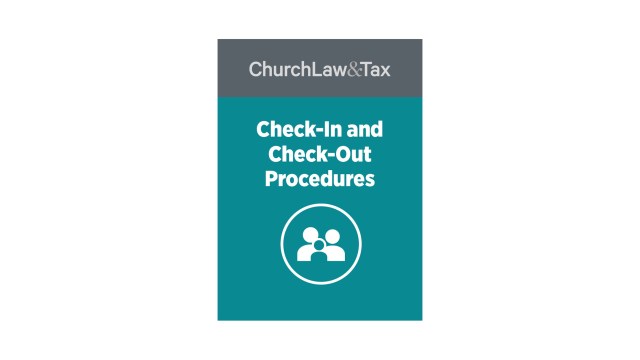Key point 10-09.1. Some courts have found churches liable on the basis of negligent supervision for a worker’s acts of child molestation on the ground that the church failed to exercise reasonable care in the supervision of the victim or of its own programs and activities.
A North Carolina appeals court ruled that a diocese could be sued on the basis of negligent supervision for a priest’s molestation of a 16-year-old boy, but dismissed a negligent hiring claim and a demand that the priest undergo a test for sexually transmitted diseases. An adult male (the “plaintiff”) claimed that when he was 16 years old a priest sexually assaulted him on multiple occasions. He further claimed that the priest had begun to “cultivate a special relationship with him, and began to groom him for sexual assault by exhibiting frequent physical contact with him through hugs and embraces.” The plaintiff alleged that the first sexual assault occurred when the priest invited him to spend the night at his home and that the second incident took place when the priest, “using his stature as a priest,” secured an invitation to spend the night at the plaintiff’s home.
The plaintiff reported the sexual abuse to church officials, resulting in the priest’s immediate suspension. The plaintiff sued the diocese, claiming that it was responsible for the priest’s actions on the basis of its negligence in hiring and supervising the priest. He also asked the court to compel the priest to undergo a test for sexually transmitted diseases.
The court began its opinion by rejecting the argument of the diocese that the First Amendment guarantee of religious freedom prevented it from resolving the plaintiff’s claims. It noted, “The dispositive question is whether resolution of the legal claims requires the court to interpret or weigh church doctrine. If not, the First Amendment is not implicated and neutral principles of law are properly applied to adjudicate the claim.” The court defined an “ecclesiastical matter” as one “which concerns doctrine, creed, or form of worship of the church, or the adoption and enforcement within a religious association of needful laws and regulations for the government of membership … .”
Negligent hiring
The plaintiff’s lawsuit claimed that the priest had been inadequately screened. The court ruled that it was barred by the First Amendment guaranty of religious freedom from resolving this claim, noting that “the decision to hire a minister is inextricable from religious doctrine and protected by the First Amendment from judicial inquiry … . We hold that plaintiff is not permitted to proceed on any claim that the diocese was negligent in hiring the priest as such a claim would clearly be forbidden by the First Amendment.
Negligent supervision
The plaintiff claimed that the diocese was liable for his injuries on the basis of its negligent supervision of the priest. The court noted that negligent supervision required proof that the diocese was aware of, or in the exercise of reasonable care could have been aware of, prior behavior by the priest, suggesting he posed a risk of molesting minors, and that the plaintiff’s injuries were due in part to the failure by the diocese to reasonably supervise the priest. The court agreed, and rejected the position of the diocese that it had no prior knowledge that the priest posed a risk of harm to minors. It noted that the diocese was aware of the priest’s unnatural preoccupation with minors, which included spending the night with them in his home.
STD testing
The plaintiff claimed that when he requested that the diocese require the priest to submit to a test for sexually transmitted diseases and inform him of the results so he could be assured of his health, the diocese refused the request. The court refused to order the diocese to compel the priest to undergo testing for a sexually transmitted disease: “Adjudication of this claim would, by definition, require the examination of church doctrine and thus constitute precisely the type of ecclesiastical inquiry courts are forbidden to make” since it would involve the question of the control by the diocese over a priest. The court noted that “this claim seeks to impose liability based on the diocese’s alleged failure to exercise authority over a priest stemming from an oath of obedience taken by him pursuant to the church’s canon law. As such, this claim directly challenges church actions involving religious doctrine and practice and cannot be adjudicated without entangling a secular court in ecclesiastical matters.”
What This Means For Churches:
This case illustrates the legal duty churches have to supervise any employee or volunteer that they know is a threat of harm to minors, or in the exercise of reasonable care should know is such a threat. In this case, the diocese claimed that it had no actual knowledge that the priest had engaged in the sexual abuse of minors in the past. But, the court concluded, this did not get it off the hook since it had knowledge of other behavior (including preoccupation with minors, and having minors spend the night in his home) that should have alerted it to a potential propensity to molest minors. Doe v. Diocese, 776 S.E.2d 29 (N.C. App. 2015).
